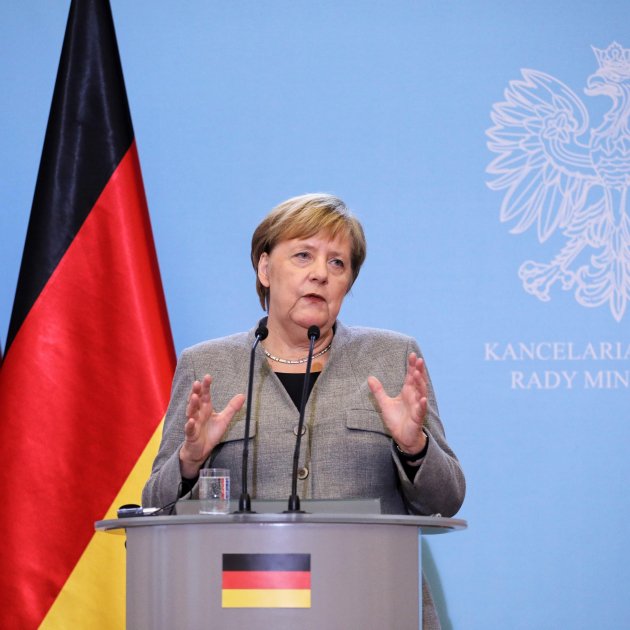The German government has issued a press release in which it reminds all European countries of the need to respect human rights, on the occasion of the 20th anniversary of the creation of the European Court of Human Rights (ECHR). It has not gone unnoticed in some political circles that the publication on Friday coincided with the Spanish prosecutors' release of its indictments for the Catalan political prisoners.
Translation:
For 820 million people from Lisbon to Vladivostok, it is often the last hope for the protection of their rights: Germany's foreign minister @HeikoMaas and justice minister @KatharinaBarley, for 20 years of the European Court of Human Rights.
After giving a brief review of the origin of the ECHR, the press statement affirms that respect for human rights by European states "cannot be à la carte". "Any country that wants to belong to the European community of values has to behave accordingly", it adds. This idea is related to the fact that, as the press note says, "for some countries the jurisdiction of Strasburg goes too far and is considered an interference". Germany does not accept this attitude, it says.
The German government thus urges the "47 member states of the Council of Europeto to comply with their duties, just as they share in the rights of belonging". Furthermore, the statement says that its message is "applicable to Turkey, Russia and Azerbaijan", due to the special concern that they "cause us because of their human rights situations". It adds that "access without restriction" to the ECHR must be ensured for people in all countries where its jurisdiction applies.
Finally, the German press statement says that the country "will continue working with our European partners to guarantee that the 47 states continue to support the European Court of Human Rights and respect its jurisprudence, in the interests of 820 million "Europeans".
The statement is signed by Germany's foreign minister Heiko Maas and justice minister Katarina Barley.
Concern about Catalan case
The press release has generated different readings, but has coincided with the concern shown by German newspapers about the harsh sentences called for by Spanish prosecutors in the Catalan pro-independence leaders case.
This is the case of the Munich newspaper Süddeutsche Zeitung, which expresses its disquiet with the sentences demanded by the Spanish public prosecutor (link in German). The Bavarian daily advocates a "rapprochement with the independence movement through a light sentence or amnesty".
"It is admissible for Spain to begin a tough criminal case against the pro-independence forces. Other countries would do no different if it involved the continued possession of their territory. But admissible does not mean wise. And not everything that is lawful is right", the Munich-based paper observes.
